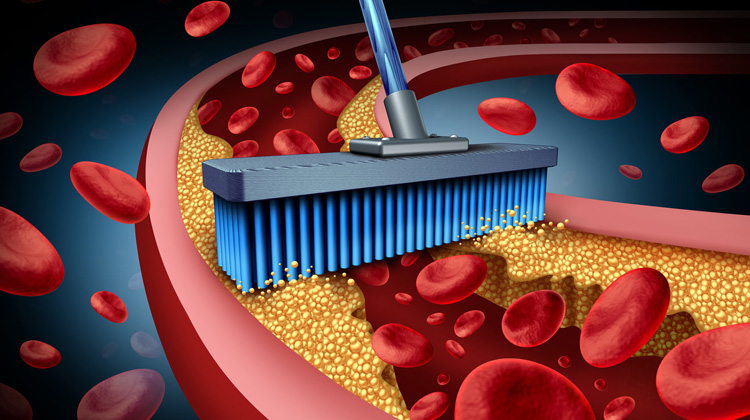About MiLife
Milife Medicity is located in the city of Kottakkal, Kerala, India. This city is famous for Ayurveda, the traditional Indian therapy for over a century.

Chelation therapy is a medical procedure that involves the administration of a medication called a chelator or chelating agent to remove heavy metals and/or minerals from the body. It can be traced back to the early 1930s and is the preferred medical treatment for heavy metal poisoning, including acute mercury, iron (including in cases of sickle-cell disease and thalassemia), arsenic, lead, uranium, plutonium and other forms of toxic metal poisoning. Some common chelators include ethylenediaminetetraacetic acid (EDTA), dimercaptosuccinic acid, and dimercaprol. These may be administered intravenously, intramuscularly or orally, depending on the agent and the type of poisoning.
The word Chelation means "to grab" or "to bind". When EDTA is injected into the veins, it "grabs" heavy metals and minerals and removes them from the body. . Although chelation was originally used to treat conditions like lead poisoning.
Chelation therapy is an FDA-approved therapy—for treating mercury, lead, and other types of heavy-metal poisoning, as well as for iron overload (hemochromatosis) and some types of anemia. There are a variety of common chelating agents with differing affinities for different metals, physical characteristics, and biological mechanism of action. Chelators work by binding to metals in the bloodstream. Once they’re injected into the bloodstream, they circulate through the blood, binding to metals. In this way, chelators collect all the heavy metals into a compound that’s filtered through the kidneys and released in urine.
A very effective way to remove several heavy metals and minerals from blood, including: lead, arsenic, mercury, iron, copper, nickel
It is said to aid in the treatment of atherosclerosis (i.e., hardening of the arteries) (since calcium deposits are found in artery-clogging plaques, it's thought that using chelation therapy to remove calcium deposits can restore healthy blood flow in the arteries).
It is suggested that EDTA can act as an antioxidant and protect against the damaging effects of chronic inflammation.
It is used to treat osteoarthritis and other inflammation-related conditions.
Chelation therapy is also claimed to improve memory and promote recovery from stroke.
Chelation therapy was associated with a significant reduction in the risk of issues such as hospitalization for angina.
Chelation therapy appeared to have an even greater benefit in people with diabetes
Chelation therapy may improve health in heart attack patients by reducing oxidative stress
It is a very effective way to treat heavy-metal poisoning.